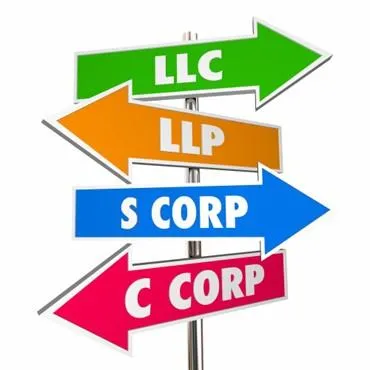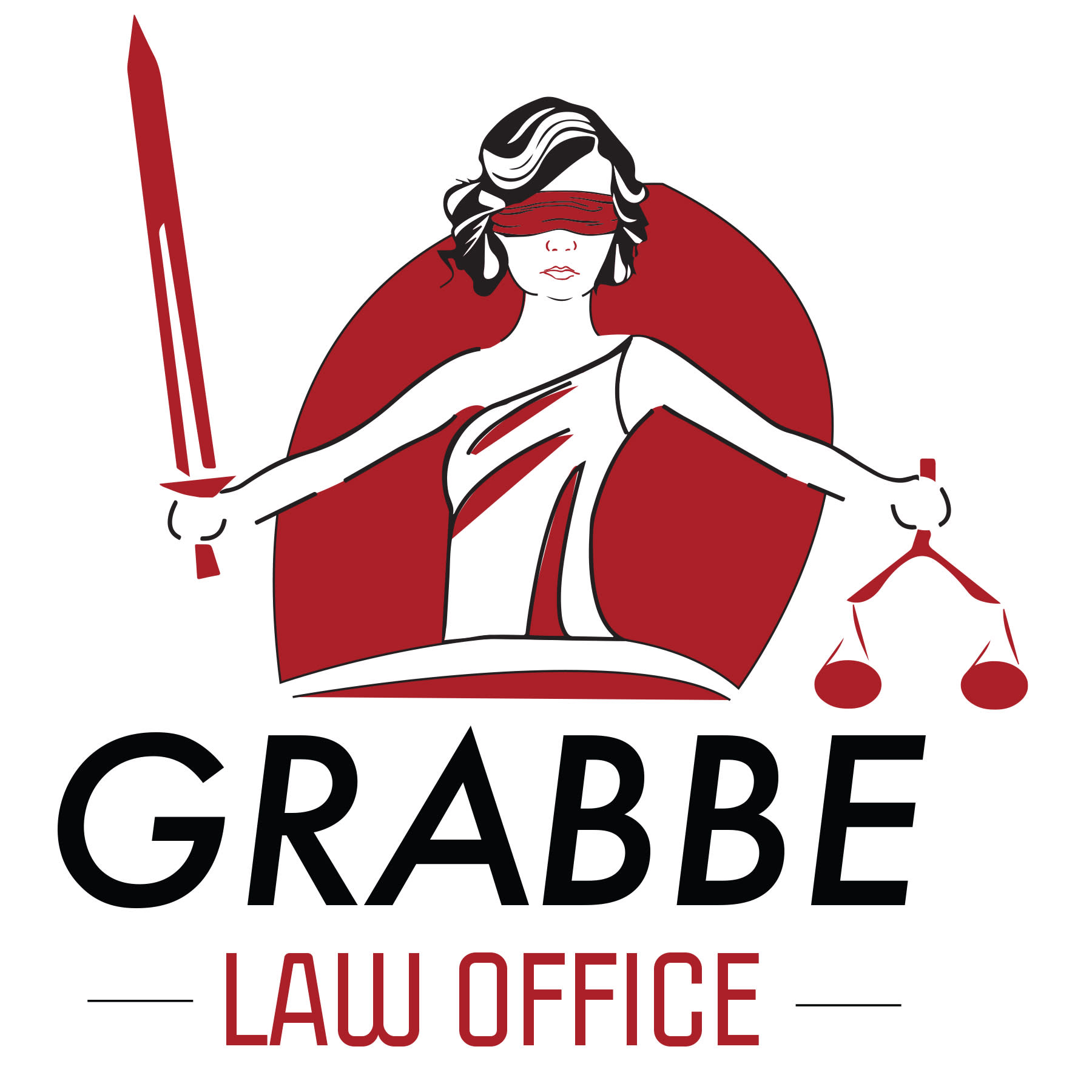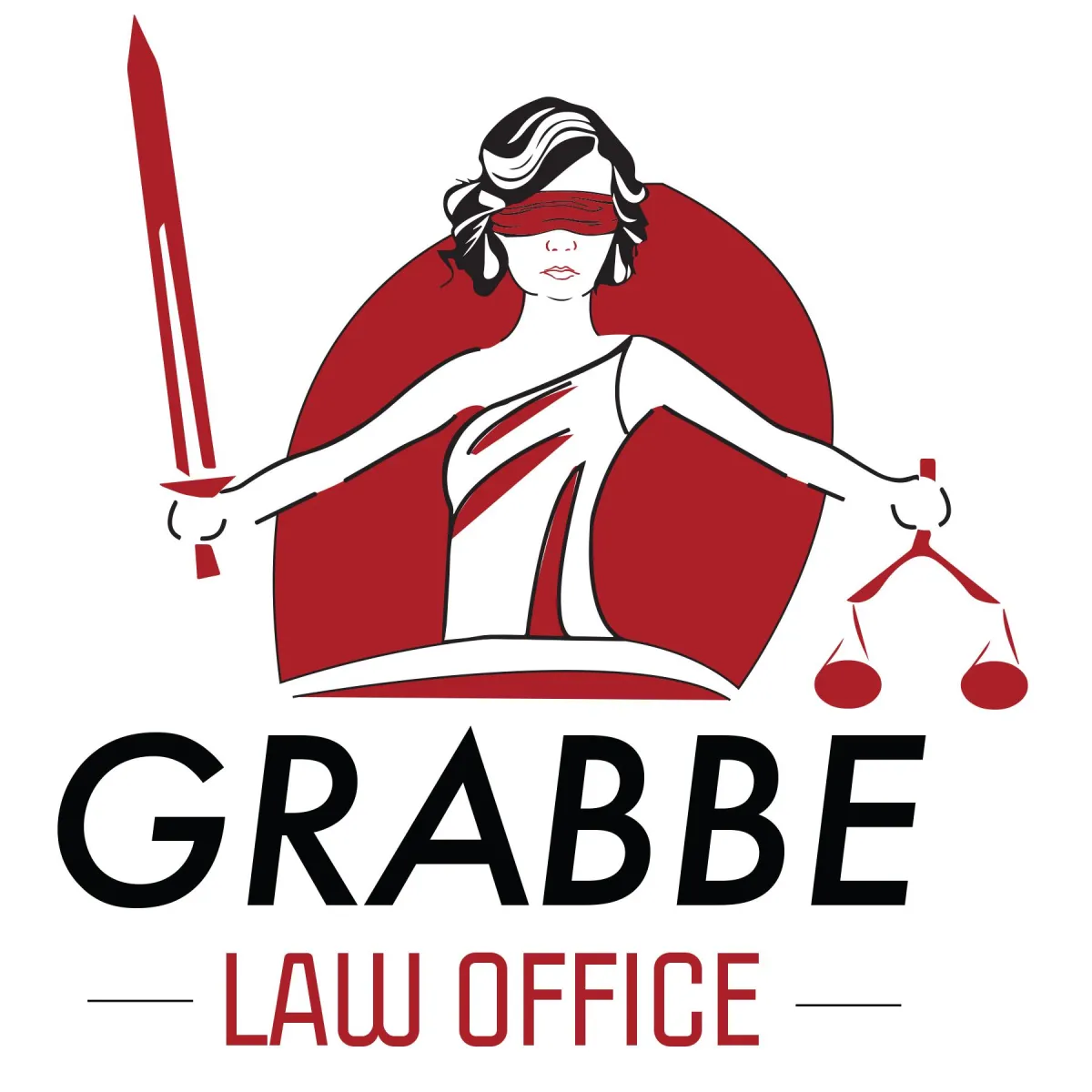Welcome to the Blog!

The Complete Guide To Choosing Your Business Structure | Grabbe Law
Each month, hundreds of thousands of business owners register their businesses. According to the United States Census Bureau, there were almost 420,000 business applications in November 2022 alone. One of the first questions a new business owner must answer regards choosing a business structure. With so many business owners registering their businesses, you might assume that choosing your business structure is a straightforward process. However, there are legal and financial factors that can determine what business structure is most appropriate for your business.
Four common business structures that business owners often chose include sole proprietorship, partnership, limited liability company (LLC), and corporation. Depending on the owner and business needs, the best entity for the business will vary. If you are seeking guidance around choosing a business structure, the knowledgeable lawyers from the Grabbe Law Office can help you understand all of your legal options. Contact us here: https://grabbelaw.com/contact
Sole Proprietorship
According to the Tax Foundation, a sole proprietorship is the most common business structure in the United States. Simply put, a sole proprietorship is when the business owner is responsible for all of the business’s profits and debts and is personally liable for business activities. It is an excellent choice for someone who is self-employed and running a small business on their own.
A sole proprietorship does not require official registration, although there may still be licensing, permits, and other regulations the business is required to meet, depending on the industry. Some advantages to sole proprietorship include:
● It is easy to set up and requires very little paperwork.
● The fees associated with it are usually low cost
● It may make the owner eligible for certain tax deductions
● It is easy to dissolve a sole proprietorship
Some disadvantages include:
● They can be difficult to fund - banks often see sole proprietorships as less credible and are less likely to give a business loan
● The owner assumes full liability, so if the business fails and there is debt involved this may impact the owner’s personal assets
Partnership
A partnership is when two or more people own a business. Two common types of partnerships are general partnerships and limited partnerships. In a general partnership, the partners share the management of the business, as well as its profits and losses equally. In a limited partnership, one general partner is actively responsible for managing the business and personally liable for business activities while the limited partner shares in the business profits but is not involved in running the business. A partnership is appropriate for businesses that have multiple owners, professional groups, and groups testing out a business idea. Advantages of partnerships include:
● They are easy to set up with little paperwork
● The business is more likely to receive bank loans
● A partnership does not have to pay income tax
Some disadvantages include:
● General partners are personally liable for business activities
● They require more extensive legal and accounting services than sole proprietorships
When choosing your business structure, it may be helpful to note that both sole proprietorships and partnerships are most appropriate in situations where the businesses are low risk and have a smaller customer base. You may want to consider consulting the attorneys at Grabbe Law Office to determine what entity is most appropriate for your business.
Limited Liability Company
A Limited Liability Company (LLC) provides liability protection so that the owner’s personal assets are not at risk from creditors or lawsuits. At the same time, profits can be taxed either at a personal or corporate level. Forming an LLC requires choosing a business name, filing organization articles, creating an operating agreement, and acquiring industry-specific licenses or permits. Some advantages of forming an LLC include:
● Flexible tax options - LLCs can be taxed the same way as a sole proprietorship or partnership or they can be taxed as a corporation
● Fewer recordkeeping, meeting, and reporting requirements compared to corporations
● One person can form an LLC, making it an alternative option to a sole proprietorship
● LLCs can have an unlimited number of shareholders
Some disadvantages include:
● Filing for an LLC requires a higher level of paperwork
● LLCs are a fairly new business type, which means tax requirements vary from state to state, which can make operating in multiple states confusing
● There is less legal precedent available for LLCs because they are a newer business type
● They do not offer shares or stocks, which means less flexibility when it comes to attracting investors and other financing options
LLCs are appropriate for medium to higher-risk businesses. Both small and large businesses may be LLCs.
Corporation
A corporation is a business type where the business is a legal entity that is separate from its owners. Their recordkeeping and reporting requirements are more complex than LLCs. They are taxed as either C corporations or S corporations. With a C corporation, the corporation’s profit is taxed at the business level and, when earnings are distributed to owners - known as shareholders - are also taxed at an individual level. C corporations are allowed multiple classes of stock and an unlimited number of shareholders. With an S corporation, S corporations do not pay tax at the corporate level, only the shareholders pay taxes. However, an S corporation is limited to 100 shareholders. Some advantages to corporations are:
● Personal assets of owners are protected due to limited liability
● Corporations can continue to operate even if an owner dies or transfers shares
● It is easier to raise large amounts of capital for funding
Some of the disadvantages are:
● The cost to form a corporation is higher
● Corporations require extensive record-keeping, operational processes, and reporting
A corporation is typically appropriate for larger, established companies or companies that will be scaling quickly or have many outside investors.
How An Experienced Business Attorney Can Help
With many complex legal and financial considerations at play when it comes to choosing your business structure, consulting an attorney may play an important role in helping you decide what is the most appropriate entity for your business. The attorneys at Grabbe Law Office may be able to answer your questions. Contact them to schedule a strategy session here https://grabbelaw.com/contact.








